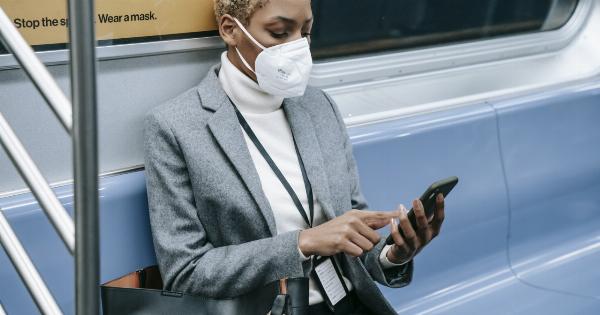Meningitis is a disease that affects the brain and spinal cord. It is an inflammation of these parts of the body that can be caused by a virus, bacteria, or other microorganisms.
Meningitis is a devastating disease that can cause serious brain damage, hearing loss, and other complications. Unfortunately, cases of meningitis are on the rise and it has become a silent killer that can strike anyone, anytime, anywhere.
What Causes Meningitis?
Meningitis can be caused by a variety of different microorganisms. The most common cause of meningitis is a viral infection. Viral meningitis is generally less severe than bacterial meningitis and people usually recover without treatment.
Bacterial meningitis, on the other hand, is much more serious and can be deadly.
The bacteria that can cause meningitis include:.
- Haemophilus influenzae type b (Hib)
- Neisseria meningitidis
- Streptococcus pneumoniae
Other microorganisms that can cause meningitis include fungi, parasites, and other bacteria.
Signs and Symptoms of Meningitis
The signs and symptoms of meningitis can vary depending on the age and overall health of the person who has it. Common signs and symptoms of meningitis include:.
- High fever
- Severe headache
- Stiff neck
- Nausea and vomiting
- Sensitivity to light
- Confusion
In babies, the signs of meningitis can include:.
- High fever or a low body temperature
- Poor feeding
- Lethargy or irritability
- A bulging fontanelle (soft spot on the head)
- A high-pitched cry
Prevention of Meningitis
There are some vaccines available for meningitis. The most common vaccine is the meningococcal vaccine, which protects against the bacteria that can cause meningitis.
This vaccine is generally given to children between the ages of 11 and 16, as well as to college students who live in dormitories or other close quarters.
Other ways to prevent meningitis include:.
- Avoiding close contact with people who are sick
- Covering your mouth and nose when coughing or sneezing
- Washing your hands frequently
- Avoiding sharing utensils, water bottles, and other personal items
Treatment for Meningitis
If you suspect someone has meningitis, it is important to seek medical attention right away. Bacterial meningitis is a medical emergency and needs to be treated with antibiotics as soon as possible.
Viral meningitis usually doesn’t require treatment and people generally recover on their own.
In addition to antibiotics, other treatments for meningitis may include:.
- Pain relievers for headaches and body aches
- Anti-seizure medications, if seizures occur
- Oxygen therapy, if needed
The Rise of Meningitis Cases
Unfortunately, the number of cases of meningitis has been on the rise in recent years. In 2017, there were over 4,000 reported cases of meningitis in the United States. This is up from just over 3,000 cases in 2013.
One reason for the increase in meningitis cases is the rise in drug-resistant bacteria. Bacteria that are resistant to antibiotics are harder to treat and can cause more severe infections.
Another reason for the increase in cases is the rise in international travel. Meningitis is more common in countries with poor sanitation and hygiene practices, and people who travel to these areas are at higher risk for getting the disease.
Conclusion
Meningitis can be a devastating disease that can cause serious complications and even death. While there are vaccines available for some types of meningitis, it is important to take other precautions to avoid getting the disease.
If you suspect someone has meningitis, it is important to seek medical attention right away. With prompt treatment, many people are able to recover from meningitis and go on to lead healthy, productive lives.































